People
Director

Dr. E. Mark Cummings is the William J. Shaw Center for Children and Families Professor of Psychology at the University of Notre Dame. He is the director of the Family Studies Center and Research Laboratory and co-founder of the William J. Shaw Center for Children and Families. He earned his B.A. from Johns Hopkins University and his M.A. and Ph.D. from the University of California, Los Angeles. His work focuses on relations between adaptive and maladaptive family processes and youth development. He is interested in relations between family and community contexts and development between early childhood and later adolescence, guided by the Emotional Security Theory (EST), developed with Patrick T. Davies.
Faculty
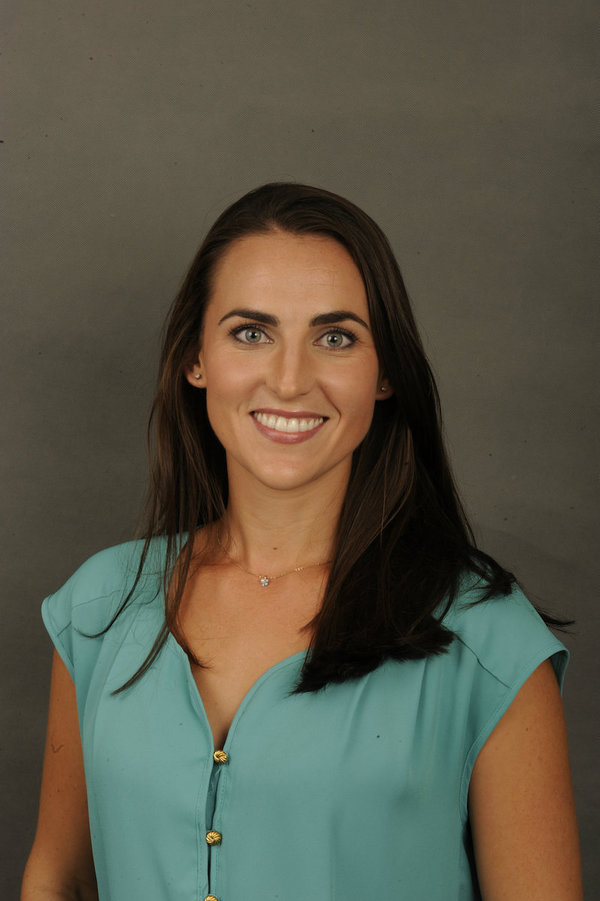
Dr. Kathleen N. Bergman is a Research Assistant Professor of Psychology at the University of Notre Dame. She is the director of the research site in Fort Wayne, IN, and project director for FSL studies operating out of research sites in South Bend and Fort Wayne. Her research interests are anchored in the developmental psychopathology perspective and focus on understanding and intervening in the processes associated with normal and abnormal development during childhood and adolescence, particularly in the context of interparental and family conflict.
Staff
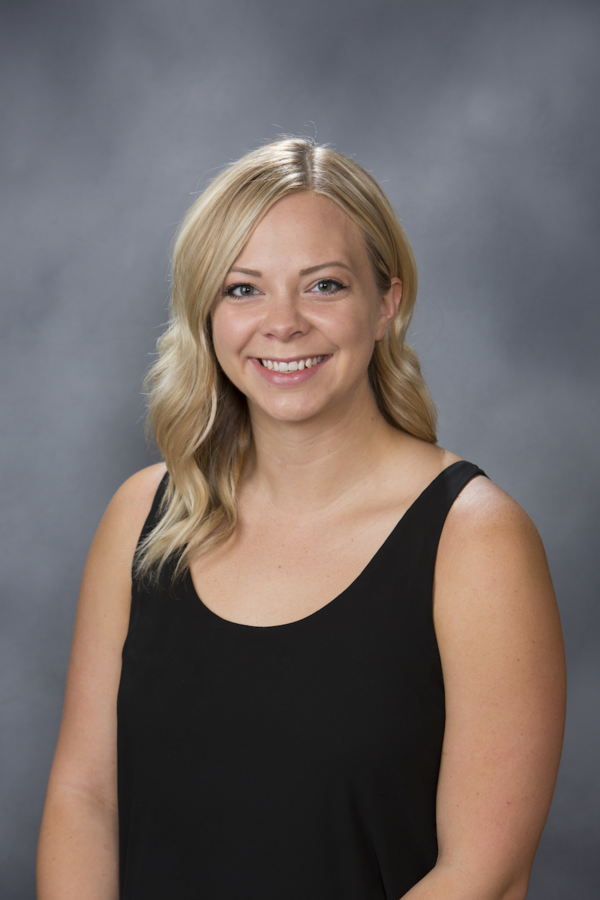
Jessica Likens earned her B.A. from the University of Notre Dame. As an undergraduate, she was a research assistant within the Family Studies Lab, where she gained exposure to prevention and intervention projects and the evaluation of such programs. She is particularly interested in the development of psychopathology in children and how risk and protective factors within the family context contribute to adjustment outcomes, with a specific interest in how this research informs intervention. Jessica has a background in Applied Behavior Analysis as a therapist to individuals diagnosed with autism spectrum disorders, and is currently serving as project coordinator in the FSL.
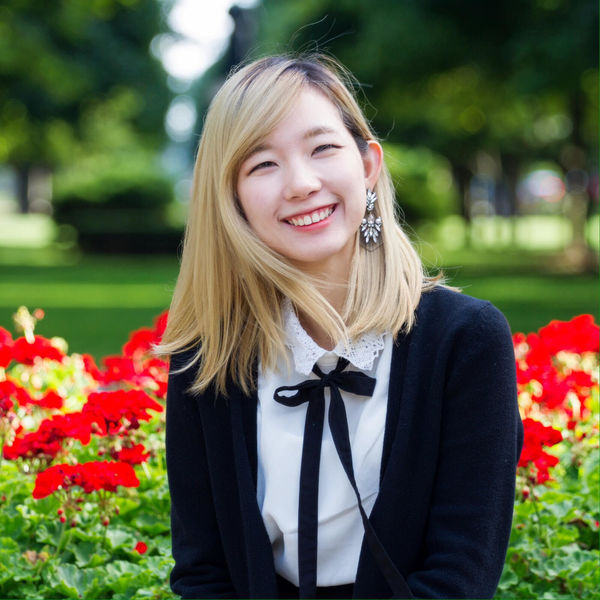
Nam-Yoon (Ariel) Kim is a research assistant at the William J. Shaw Center for Children and Families. She received her B.A. from the University of Notre Dame. Kim's research interests lie in conducting translational research to develop and disseminate effective intervention programs for at-risk children. Additionally, she is interested in exploring risk and resilience factors for depression in youth, especially cross-cultural factors.
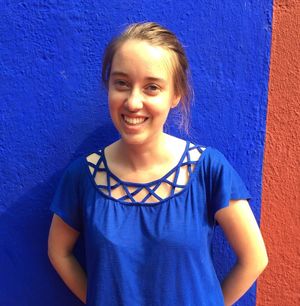
Luisa Mader is a staff research assistant in the Family Studies Lab, where she also worked as an undergraduate student. She is interested in the dissemination and implementation of evidence-based interventions with families. Currently, she works on the Notre Dame SPARC Project. She will be pursuing graduate school in Clinical Psychology in the fall of 2019.
Graduate Students
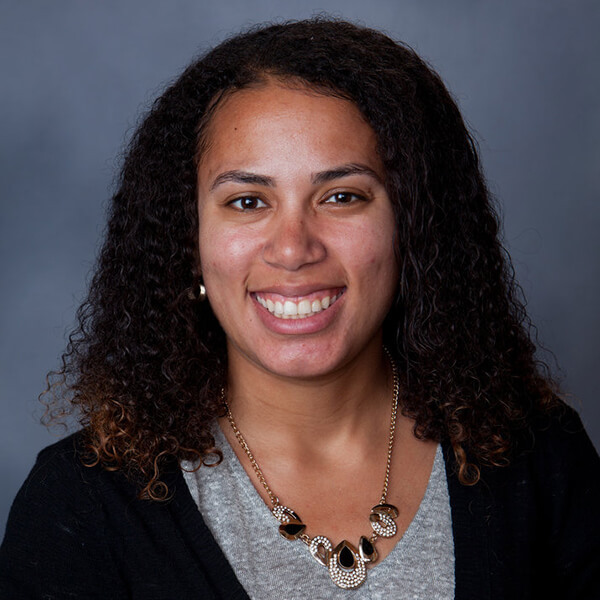
Aryanne de Silva is a fifth-year graduate student in the Developmental Psychology Program. She received her B.A. from Wellesley College and her M.A. from the University of Notre Dame. Aryanne's research interests lie in the psychosocial effects of interparental and familial conflict on children and adolescents, as well as the physiological and socioemotional processes that underlie these effects. Aryanne's current research investigates whether the mechanisms in which conflict affects children and adolescents are universal, and the role that culture plays in the effects of conflict on children and adolescents' adjustment.
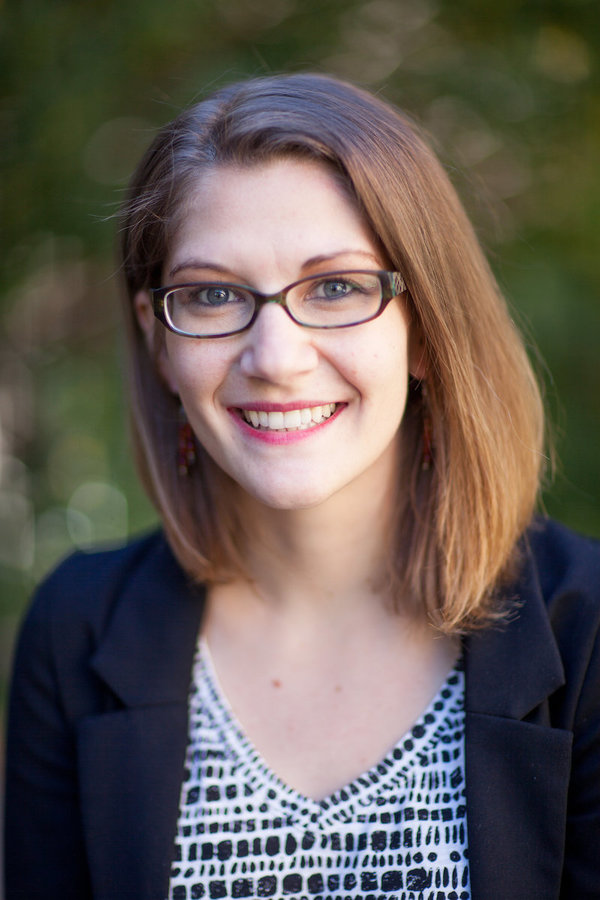
Dana Townsend is a fifth-year graduate student in Developmental Psychology and Peace Studies. She received a BA in English Writing and a BS in Neuroscience from the University of Pittsburgh, as well as an MA in International Conflict Resolution from Tel Aviv University. She also worked for the APA Office of International Affairs before coming to Notre Dame. Her research broadly focuses on children and adolescents in contexts of political violence and armed conflict, applying mixed methods and a developmental psychopathology framework to more clearly understand how youth experience, interpret, and respond to various forms of violence over time. In line with this, she is also interested in translating research on youth and political violence into empirically grounded and culturally valid prevention/intervention programs that identify and strengthen protective factors in the family, community, and political systems.
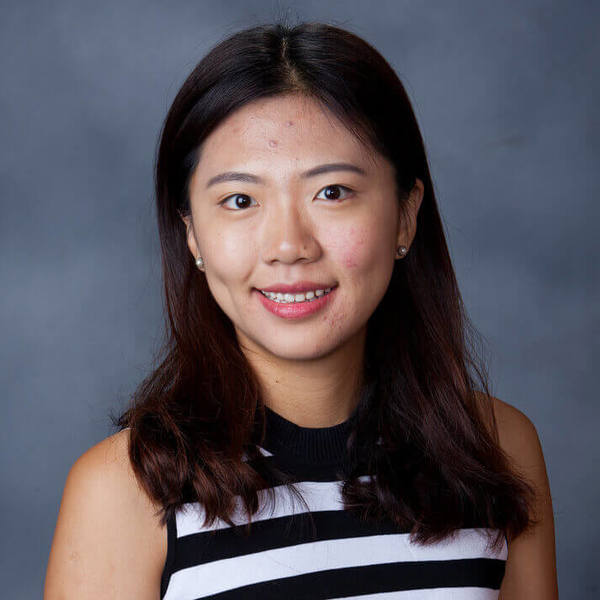
Mengyu (Miranda) Gao is a fourth-year graduate student in the Developmental Psychology Program. She received her B.S. from Beijing Normal University, China. Miranda’s research topics involve three aspects: 1) delineating the processes through which everyday tensions and communications in the family affect child, parent, and family functioning; 2) characterizing the interplay between children’s cognitive perceptions, emotional reactions, behavioral involvements, and physiological responses to interparental and family conflict; 3) explicating the role of community conflict in family functioning and children’s behavioral and emotional adjustments. Her current work adopts advanced quantitative methodology to capture the dynamic and interdependent characteristics of family relationships.

Haley Gedek is a fourth-year graduate student in the Clinical Psychology Program. She received her B.A. from Indiana University, Bloomington. Haley's research interests include the development of psychopathology in children and adolescents, particularly within the context of the family system. Specifically, she is interested in the intergenerational transmission of psychopathology, and family factors that may influence this transmission. Her current work focuses on family conflict and communication, with a focus on interventions that can improve these processes in families.
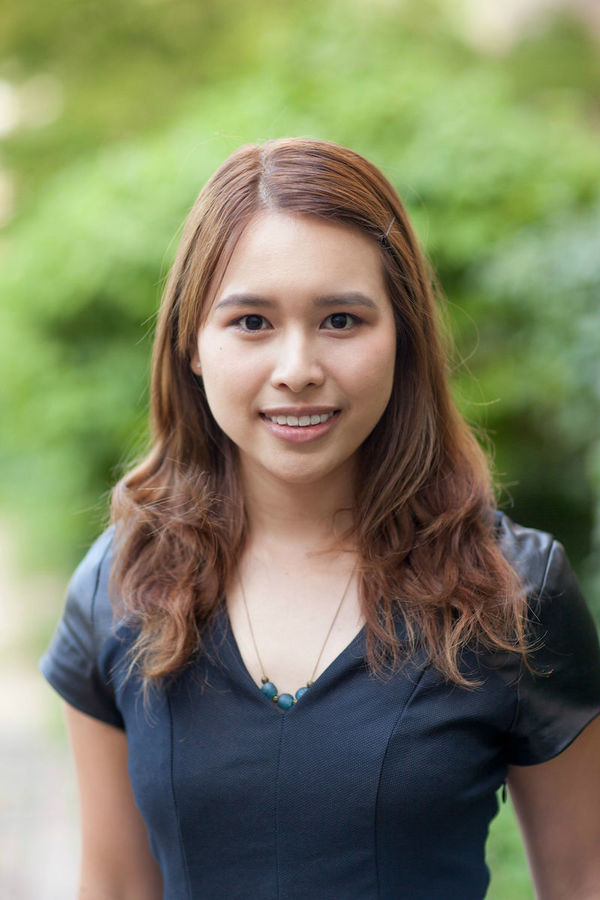
Anh Ha is a third-year graduate student in the Clinical Psychology program. She received her B.S. in Psychology at Yale University. Her research interests revolve around the child-parent relationship and various contributing and protective factors for the development of children's disordered behaviors. More specifically, she is interested in the effect of parental relational stress and parent-child post-conflict communication on children's mental health in order to formulate effective family and community-based intervention and prevention programs.

Abigail Downey is a second-year graduate student in the Developmental Psychology program. She received her B.A. from the University of Notre Dame. Downey's research interests focus mainly on understanding the processes through which marital conflict and family relationships impact children’s socio-emotional development and adjustment into adolescence and adulthood. She is particularly interested in the development of psychopathology in children and adolescents and how family factors may contribute. Currently, she is focusing on learning more about prevention and intervention programs, including programs for new parents and for families that include individuals with intellectual or developmental disabilities.
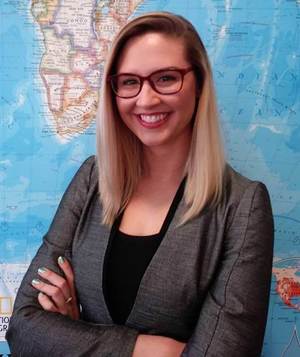
Bethany Wentz is a first year graduate student in the Developmental Psychology Program. She received a B.A. in Psychology and Spanish from Ohio Northern University, an M.A. in International Peace and Conflict Resolution from Arcadia University, and an M.A. in Counseling from Arcadia University. Bethany's research interests focus broadly on adolescents in contexts of ethnopolitical violence and armed conflict. She is also interested in translating research on political violence and its impact on youth into evidence-based interventions to assuage the negative consequences of violence on youth and bolster protective factors in their communities.
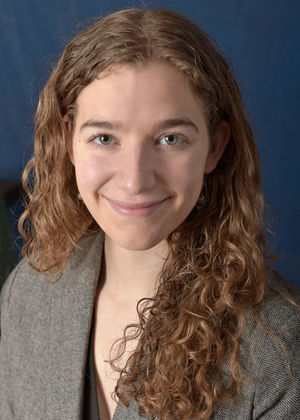
Sarah Hoegler is a first-year graduate student in the Developmental Psychology program. She earned her B.A. in Psychology from Western Connecticut State University. Broadly, her research interests revolve around preventing destructive conflict from disrupting vulnerable families. She is interested in the direct and indirect processes through which preventive interventions may foster children's positive adjustment by teaching families to replace destructive conflict behavior with constructive communication strategies. By identifying the program characteristics that most effectively promote these processes, she also hopes to contribute to the continued improvement of future programs.